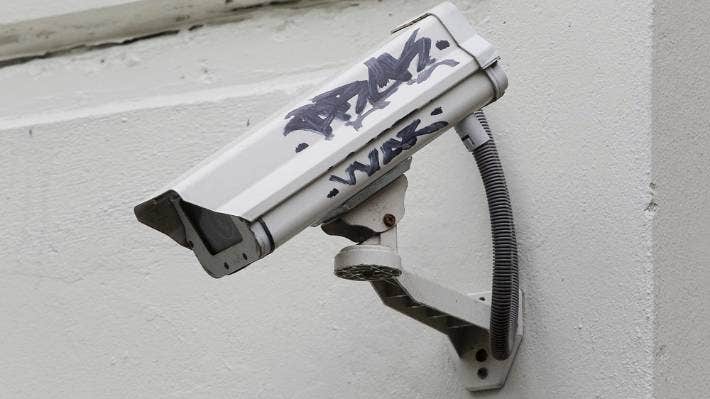Chinese-made cameras in use across the country could pose a potential security risk if tensions flared between the West and China, a local cybersecurity expert says.
In November, the US and UK governments made moves to severely restrict the use of Chinese-manufactured security cameras in government buildings and public places.
CyberCX executive director of security Adam Boileau said New Zealand businesses and the government needed to follow suit.
“It is pretty clear that there is a storm brewing between the US and China… We have already picked a side, even if we haven’t accepted it yet,” Boileau said.
Cameras and technology from Chinese companies Hikvision, Huawei, ZTE, and Hytera Communications had been banned from use in UK government buildings and from being imported into the US.
“It’s co-ordinated action and significant decisions for both governments to have made. It suggests there is enough evidence to warrant doing so.”
New Zealand construction companies that worked with government or critical infrastructure should take the development as a clear signal change was coming soon, he said.
“Businesses need to review their networks because it’s likely that both New Zealand and Australia will also be considering their own position,” Boileau said.
Hikvision in particular was a concern for security experts, he said.
The Chinese company was the largest supplier of security cameras in the world and has been connected to the mass internment and genocide of the Uyghur people in the Xinjiang province of China.
Despite Hikvision’s involvement in the detection and mass incarceration of an estimated 1 million Uyghur Muslims, its cameras were in use throughout New Zealand.
As of March last year, Tauranga council had a stock of 762 Hikvision cameras. It told Stuff Circuit it added on average 10 cameras per year and had no plans to change brand.
Auckland Transport has almost 3000 Hikvision cameras in operation, and was planning to add more.
A small number of Hikvision cameras were also used on the premises of Ministry of Business, Innovation and Employment.
National MP and co-chair of the Inter-Parliamentary Alliance on China Simon O’Connor said New Zealand should share the same concerns as its allies on Chinese security technology.
The US and the UK had made decisions on the safety of the technology after a great deal of research, and New Zealand should not think of itself as “immune or exceptional” to harm, he said.
“New Zealand should take a case by case basis on this technology, including taking into account how the technology is used back in China, we can think of the security systems used for the Uyghur camps for example. This is both a security and moral issue,” O’Connor said.
Boileau compared the risk to businesses from camera and communications equipment as an emerging issue, similar to ransomware a few years ago.

